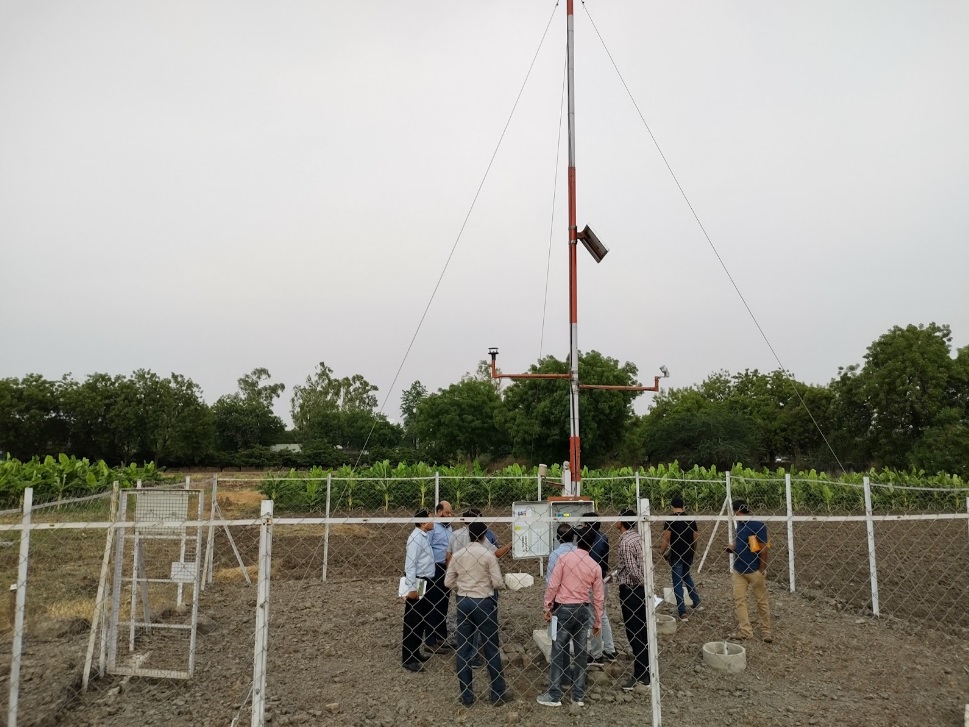June 7, 2022
RIMES hosted a five-day training titled "Operational Procedures for Preparation of Agromet Advisories: Knowledge and Experiences Sharing Workshop" in collaboration with India Meteorological Department (IMD), Pune and the UKMET Office, with support from the Foreign, Commonwealth & Development Office funded ARRCC program.
The implementation of agromet warnings in Nepal and Bangladesh is one of the key priorities of the ARRCC program. The workshop brought together representatives from Bangladesh Meteorological Department (BMD), Flood Forecasting & Warning Centre (FFWC) and Bangladesh Rice Research Institute (BRRI), Nepal's Department of Hydrology and Meteorology (DHM) and Nepal Agricultural Research Council (NARC), and IMD, who have a long history of generating agro advisories at various temporal and spatial scales.

Participants underwent various sessions on India's existing agromet advisory system, as well as challenges and hands-on practices producing agromet advisories using the agromet DSS. Participants from Nepal and Bangladesh also shared their experiences about agromet services in their own countries. The group later visited the Krishi Vigyan Kendra (KVK) in Aurangabad on the fourth and fifth day to observe how the district level agromet bulletin is prepared and how farmers are utilizing forecast and advisory information for agricultural decision-making. They also visited local farms and discussed agricultural practices with local farmers, including how they utilize agromet service to enhance output, minimize risk, and make the best use of ideal conditions through agromet advisories.
According to Indira Kadel from DHM Nepal, this workshop was a great opportunity to learn about different agromet services, which would essentially enable them to add more value to their own agromet services. Dr. Md. Shah Kamal Khan from DAE, Bangladesh, stated that the knowledge and experience gained from this workshop will assist him in many ways in progressing the existing agromet service in Bangladesh more smartly and effectively. Likewise, Rebecca Parfitt from the UKMet office expressed delight at how the agromet service has progressed in India and other countries, and become more farmer-oriented, leading to reduction of risks and increased efficiency and social advancement.